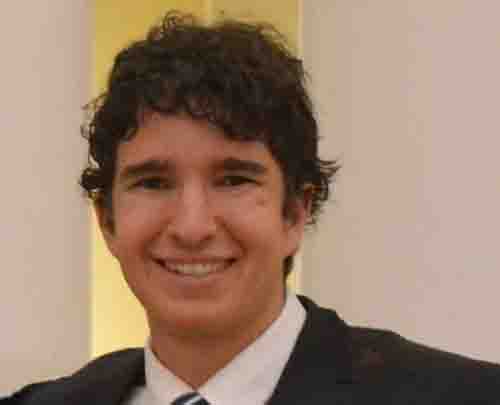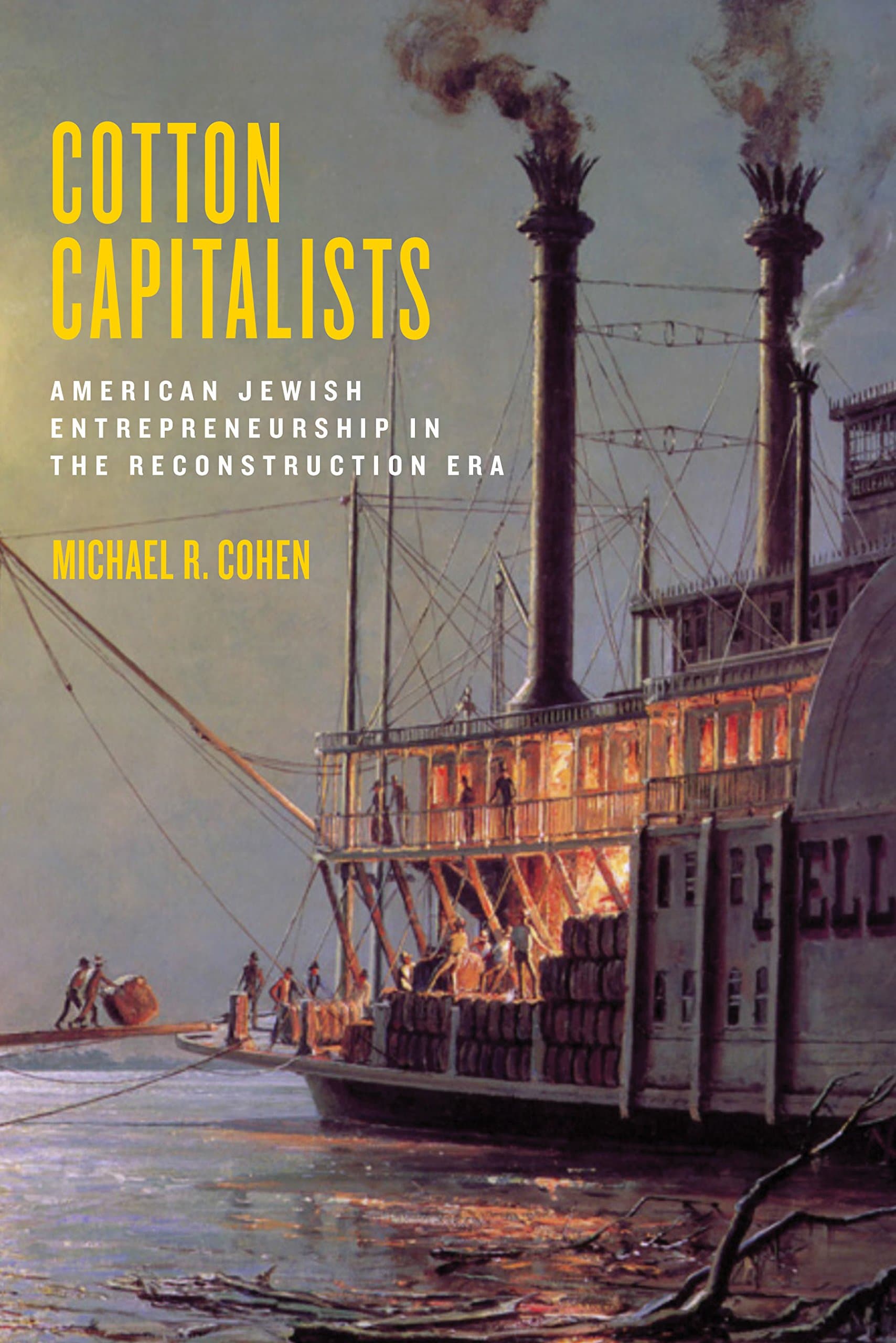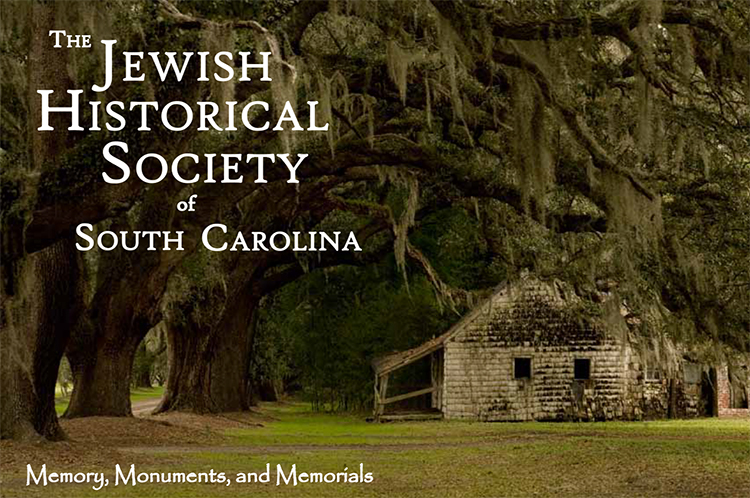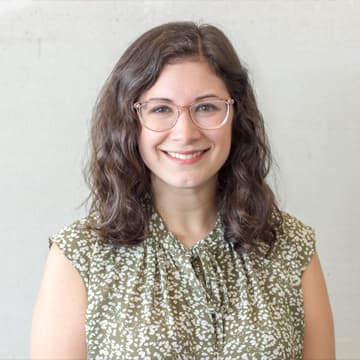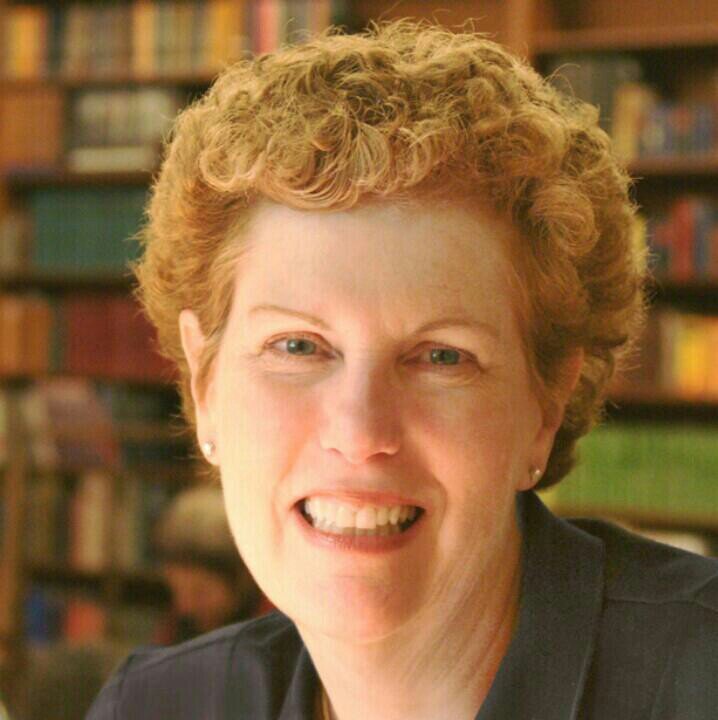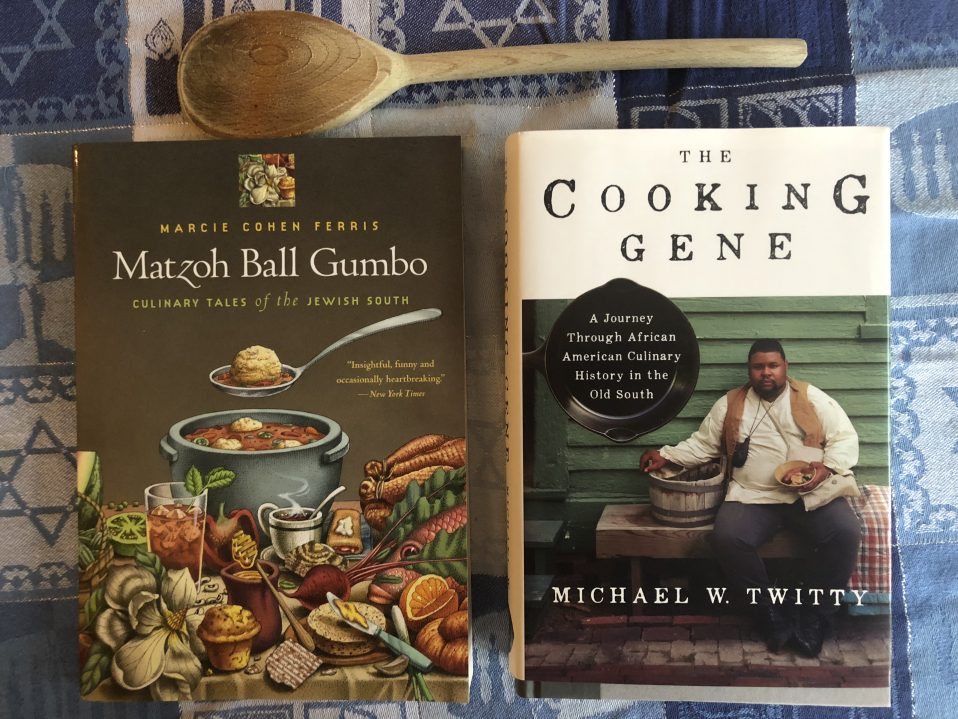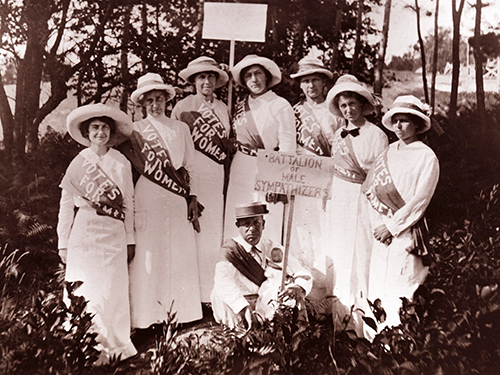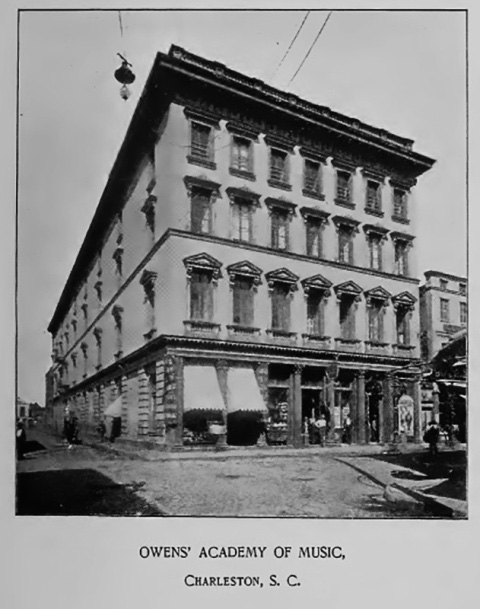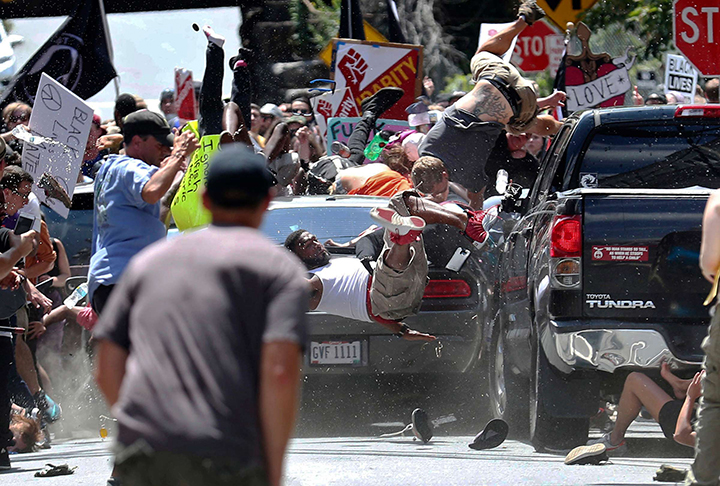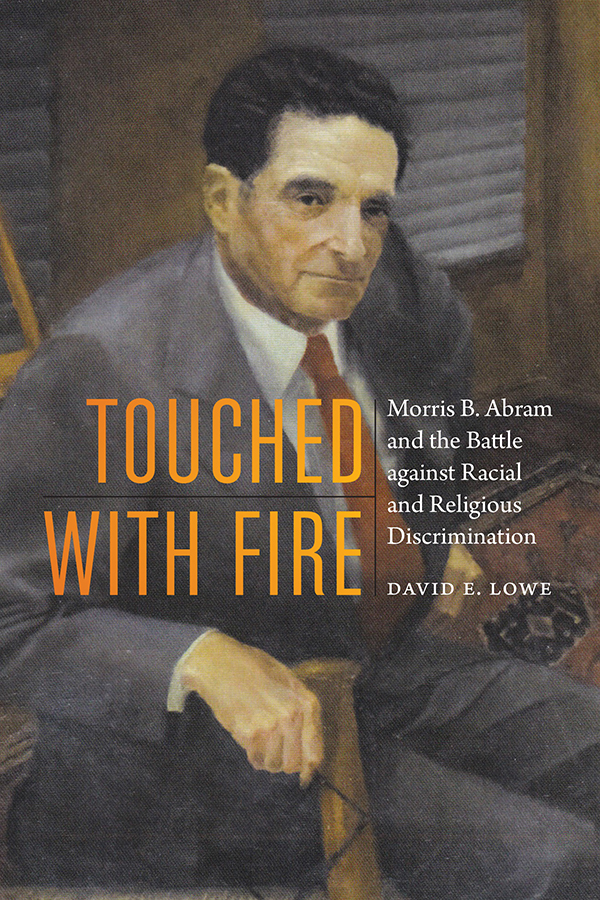“The Devil Was a Nullifier”: Religious and Political Crisis during the Nullification Revival, 1828-1835
Arnold Hall 96 Wentworth Street, Charleston, SC, United StatesCharleston Research Fellow Brian Neumann, currently a PhD candidate in history at the University of Virginia, will present on his research about the Nullification Crisis, in which South Carolina tried to void federal tariffs.
After Appomattox: Reconstruction and America’s Jews
Addlestone Library - Room 227 205 Calhoun St, Charleston, SC, United StatesThe end of the Civil War initiated a period of dramatic hope, disappointment, and transformation in the American South and the nation as a whole.
Memory, Monuments, and Memorials: JHSSC Spring Meeting
SC, United StatesMonuments, memorials, and historical memory have been much in the news over the last year.
“Jews Heathens and Infidels”: Southern Jewish Beginnings
Arnold Hall 96 Wentworth Street, Charleston, SC, United StatesPart 1 of a mini-course offering an overview of the history of Jews in the southern United States from colonial times until the present.
“A Class of Citizens”: Jews and the Civil War
Arnold Hall 96 Wentworth Street, Charleston, SC, United StatesPart 2 of a mini-course offering an overview of the history of Jews in the southern United States from colonial times until the present.
“The Quiet Voices”: Jews and the Civil Rights Movement
Arnold Hall 96 Wentworth Street, Charleston, SC, United StatesPart 3 of a mini-course offering an overview of the history of Jews in the southern United States from colonial times until the present. We will explore some of the key events of southern Jewish history, seeking to understand how Jews have confounded, complicated, and conformed to the region’s “peculiar” norms and categories. Presented by Dr. Shari Rabin, director of the Pearlstine/Lipov Center for Southern Jewish Culture. Free and open to the public.
American Jewish Women’s History: From Colonial Times to Today
Arnold Hall 96 Wentworth Street, Charleston, SC, United StatesIn this groundbreaking history, Pamela Nadell asks what does it [...]
My Food Is My Flag: A Conversation about Jewish, African American, and Southern Foodways
Simons Recital Hall 54 St. Philip Street, Charleston, SC, United StatesWhile food may seem simple, what people eat is shaped [...]
Capable of Arguing: Southern Jewish Women and Suffrage
Arnold Hall 96 Wentworth Street, Charleston, SC, United StatesSouthern Jewish women often played leading roles in local and state efforts to ratify the Nineteenth Amendment, whose centennial we celebrate in 2020. They were both Southern Ladies and New Women, fitting in to their societies as they challenged the southern conservative consensus. Women's vote impacted their lives not only in civil society but also in the synagogue. Our presenter, Leonard Rogoff, holds a doctorate from the University of North Carolina, where he directed the English Writing Laboratory.
Southern Circuits: Intersections of Race, Religion, and Ethnicity on the Nineteenth-Century Stage
SC, United StatesPhoto: Owens’ Academy of Music, Charleston, SC.
From “Memories of the Professional and Social Life of John E. Owens,” by his wife.
Professor Nathans’ Sunday brunch talk has been CANCELED due to current travel restrictions related to the coronavirus. The program may be rescheduled at a later date.
Charleston was a hub of theatrical activity from the colonial period until the early 20th century, as well as a significant site for Jewish and African American cultural encounters. Heather S. Nathans, chair of Tufts University’s Department of Theatre, Dance, and Performance Studies, will explore the ways Jews were depicted on southern stages.
Pursuing Justice: Fighting Hate with the Law
SC, United StatesWe regret to announce that “Pursuing Justice” has been canceled, along with all other College events in the next few weeks, due to precautions related to the coronavirus. We hope to reschedule at a later date. The “Unite the Right” rally and hateful attacks that struck Charlottesville, Virginia, in August 2017, served as a wakeup call for many Americans about dangers posed by the rise of white supremacists, neo-Nazis, and affiliated hate groups. Former Charlottesville Mayor Michael Signer and Amy Spitalnick, Director of Integrity First America, will discuss the aftermath of that attack and suggest strategies for combating violence based on racism, sexism, and antisemitism.
“Touched with Fire: Morris B. Abram and the Battle against Racial and Religious Discrimination” – A Sunday ‘Bring-your-own’ Bagels Brunch with author David E. Lowe
SC, United StatesMorris B. Abram (1918–2000) emerged from humble origins in a rural South Georgia town to become one of the leading civil rights lawyers in the United States during the 1950s. While unmasking the Ku Klux Klan and serving as a key intermediary for the release of the Rev. Martin Luther King Jr. from prison on the eve of the 1960 presidential election, Abram carried out a successful fourteen-year battle to end the discriminatory voting system in his home state which had entrenched racial segregation. The result was the historic “one person, one vote” ruling of the U.S. Supreme Court in 1963.


